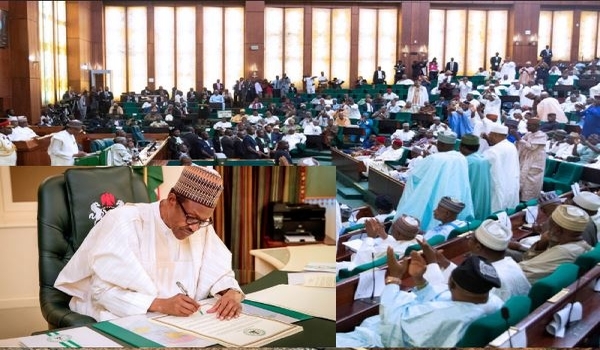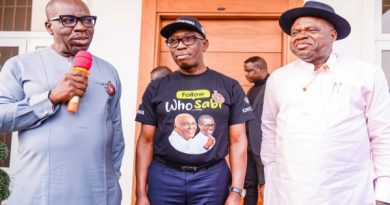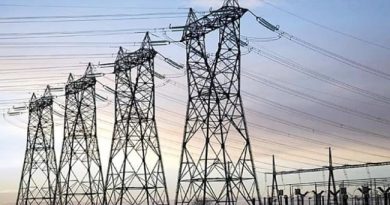Buhari declines assent, gives 7 reasons for not signing Electoral Act Amendment Bill
Senate President Ahmed Lawan and Speaker of the House of Representatives, Femi Gbajabiamila has read President Muhammadu Buhari’s letter on the floor of both chambers explaining why he declined to sign the Electoral Act Amendment bill.
The letter read during plenary sessions on Tuesday to the lawmakers in both chambers, cited several issues with some of the clauses.
The letter titled, ” Withholding of assent to Electoral Act Amendment Bill 2021″ addressed to the National Assembly says direct primaries was an affront to the right to freedom of association and has serious adverse legal, financial, economic, and security consequences.
The President explained that direct primaries are expensive. This, he said, will put a financial burden on the country’s resources.
He further noted that conducting direct primary elections will be tasking, explaining that since such mode of election means a large turnout of voters, the move would stretch the security agencies.
The Nigerian leader equally fears that with direct primaries, citizens’ rights will be violated while smaller political parties may face marginalisation.
According to him, the move will also lead to more litigations by party members.
Buhari’s most recent move followed debates over the Electoral Act Amendment Bill which he was supposed to sign on or before December 19th, 2021.
Earlier, presidential spokesman Garba Shehu had argued that whatever his principal decides to do concerning the Electoral Act Amendment Bill will not affect his public perception.
He told a private broadcasting station on Sunday that his principal owes no obligation to make his decision public.
“The constitution says the president must sign within 30 days, the constitution did not say that there should be the disclosure of that decision within 30 days to the public when the disclosure to the National Assembly has been made,” he explained on Monday.




